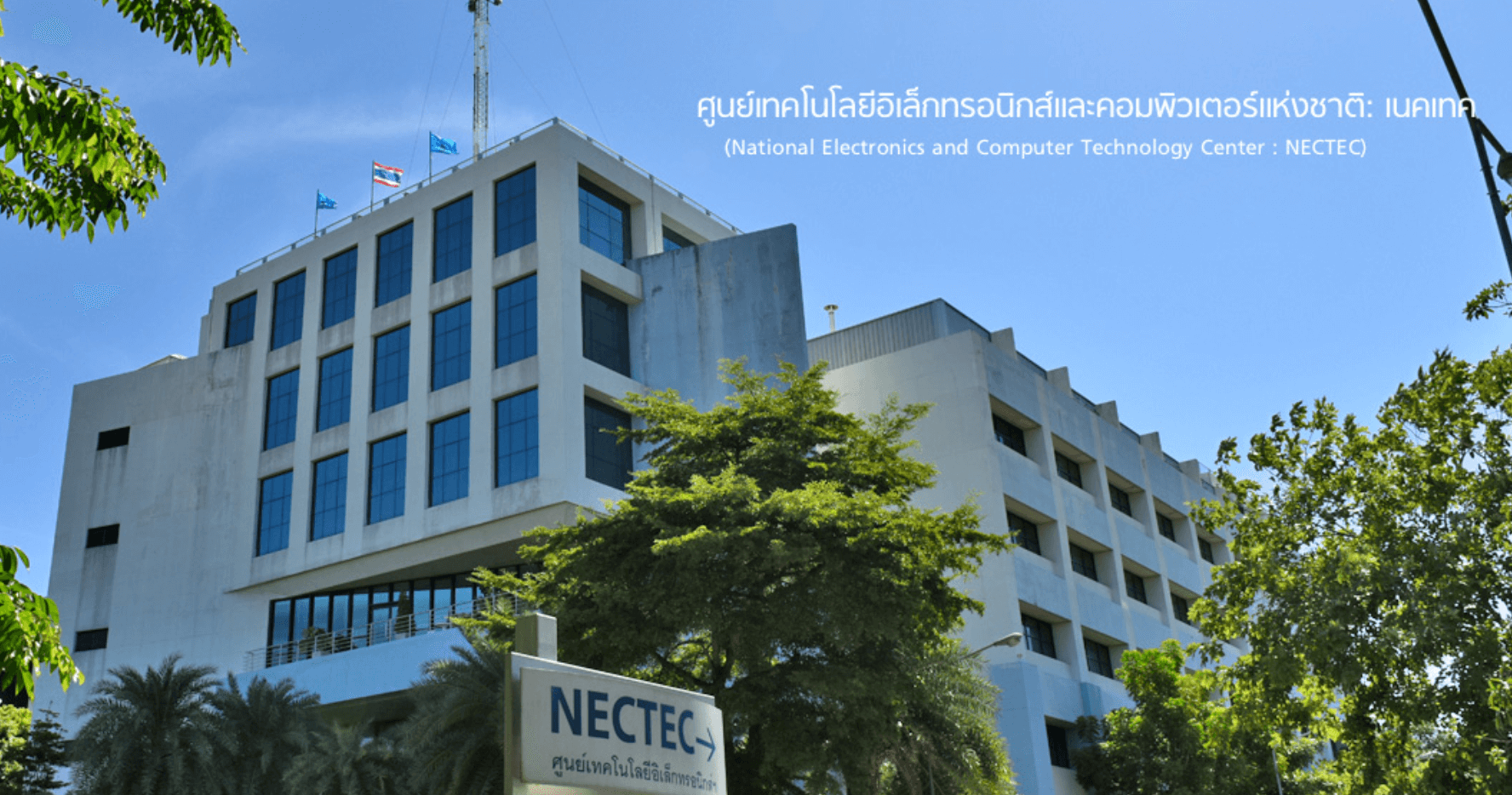
Thailand’s National Electronics and Computer Technology Center (NECTEC), a government organization responsible for information and communication development activities, has developed a blockchain technology for e-voting, according to a report by the Bangkok Post.

The technology combines e-voting in close groups and traditional voting. When 5G is adopted, all voters will be connected to the platform, NECTEC said.
“NECTEC developed blockchain technology for e-voting that can be applied to national, provincial or community elections, as well as business votes such as the board of directors,” said Chalee Vorakulpipat, head of the cybersecurity laboratory at NECTEC. “The goal is to reduce fraud and maintain data integrity.”
Citizens will no longer need to travel to polling stations as only an Internet access will be needed. Instead, the technology will allow citizens to vote through an email “similar to online survey,” the report says, and get verified using their mobile camera.
After voting, results will be calculated much more quickly as data will be sent directly to an election controller, and candidates will be able to check the results electronically.
Blockchain will eliminate the need to collect votes from election points and deliver to a central location, saving labor costs and preventing fraud as data is transmitted directly from the voters to the election controller, NECTEC said.
Blockchain for e-voting is promising but implementation will require time for general elections as every voter needs to have access to mobile Internet connection and identity verification, Chalee said.
In the short term, however, the technology can be used in a close environment, for instance for Thai expats who could go to the local Thai embassy or consulate to vote and have their identity verified with a camera.
NECTEC said the system is ready to be tested on a smaller scale at elections at universities, provinces and communities, including voting organizations such as committee boards, NECTEC said.
The organization said it already has plans to have the technology deployed at the National Science and Technology Development Agency. Chalee added NECTEC is interested in working with the Digital Government Agency, which has been responsible for helping Thailand transition to a fully digital government by 2021 with an aim for 85% of its paper-based data to be digitized by then.
The announcement comes at a time when Thailand is speeding up blockchain adoption. Sathapon Patanakua, chief executive of healthtech startup SmartContract Thailand, said the company developed Block MD, a health information exchange system powered by blockchain, and is about to trial the technology at local health care institutions.
“We are in the process of making the proof of concept and carrying out testing at some hospitals and at public health insurance agencies,” Sathapon said.
In December 2018, the Bangkok Post reported that Thailand was planning to make its blockchain-based national digital ID available to the public within the coming months.
“Digital ID will enable users to have a new feature for mobile banking by which the banks are identity platforms,” explained cybersecurity specialist Bhume Bhumiratana. “Once you make a transaction with other financial companies, it can be performed with digital ID, without requiring any documents.”
The Thai revenue department unveiled in November 2018 plans to use blockchain and machine learning for tax avoidance probes. Blockchain will be used to verify tax amounts, speed up the refund process and add transparency and security, Ekniti Nitithanprapas, the department director-general said.
In August 2018, the Bank of Thailand announced it would create a digital currency to be used for interbank fund transfers among commercial banks and the central bank. It said it would work with eight commercial banks to build a prototype.
